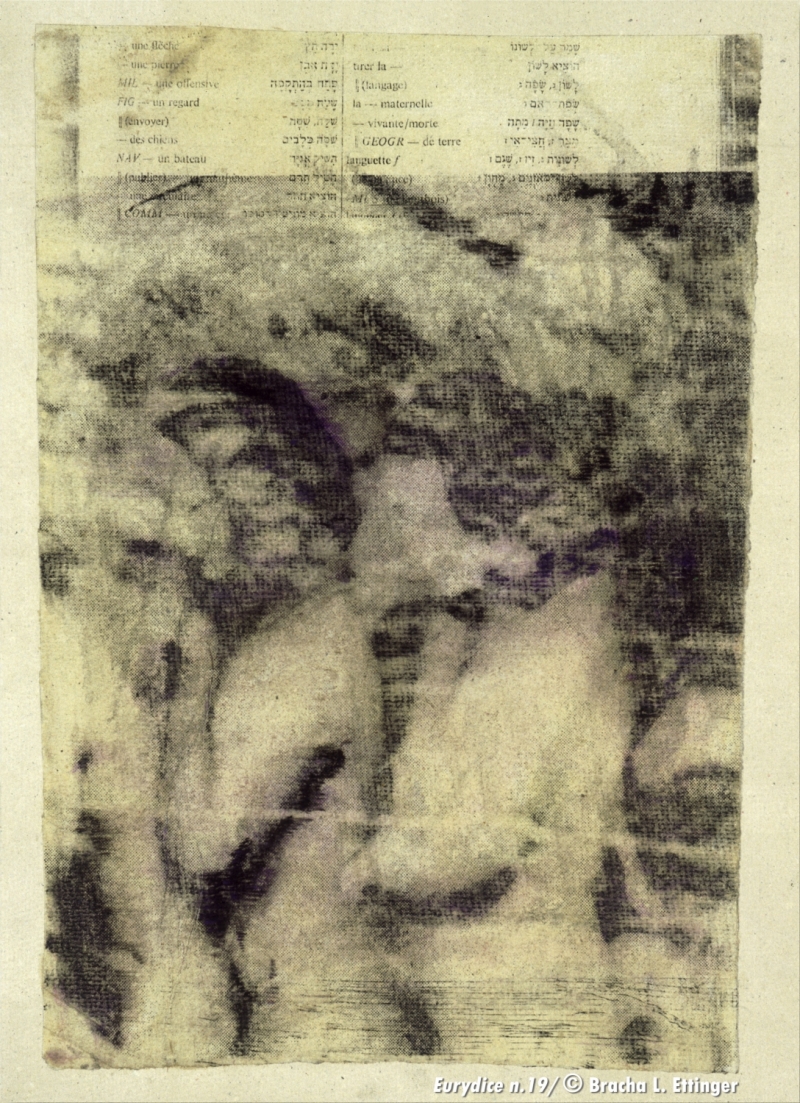Vulnerability in Women's Philosophical Thought: Contributions to the Debate around Present Emergencies

This project further elaborates the research done in previous projects, the objectives of which was to determine the features of women’s original contribution to 20th-century philosophy. In this new stage, it will further investigate the subject of violence and vulnerability in the work of early 20th-century thinkers. To do this, two different paths will be explored: first, the ideas of these philosophers will be confronted with current debates about contemporary manifestations of violence and vulnerability; second, a historical-philosophical genesis of the ideas of feminine fragility and vulnerability will be outlined. The theoretical and conceptual tools derived from our research will be compared with the analysis of clinical care treatments on women’s bodies as a place where different forms of violence intersect. This project poses, for the first time, the challenge of directly approximating feminine philosophical thought to professional and political sectors such as public health, and, for this purpose, includes professionals of these sectors in its team.
- To make a theoretical-critical scientific contribution from a gender perspective to the debates on violence and vulnerability.
- To further elaborate the knowledge on the various forms of violence and sustained dependence to which women are exposed through the paradigm of vulnerability, with particular attention to the context of health.
- To compile and analyze the texts in which the concerns about material and symbolic violence and vulnerability in the works of Arendt, Hersch, Murdoch, Weil and Zambrano surfaces. To study the works of authors of the first modernity (Moderata Fonte, Christine de Pizan) as antecedents of the resignification strategy of the topos of feminine fragility.
- To compare the women-philosophers under study with contemporary debates on violence, more specifically with: 1) contemporary authors that reflect on violence in terms of vulnerability (Butler; Di Cesare; Nancy among others); 2) feminist theorists such as Collin, List, Duden, Merchant, Fox Keller, Haraway, Corea or Butler, who reflect on the power exercised by science, the law or the marked on women’s bodies.
- To further develop, through the narratives of women recently assisted in healthcare, the elements which generate violence that contribute to an alienating and disrespectful assistance and to a negative experience of the healthcare process, using the paradigm of vulnerability.